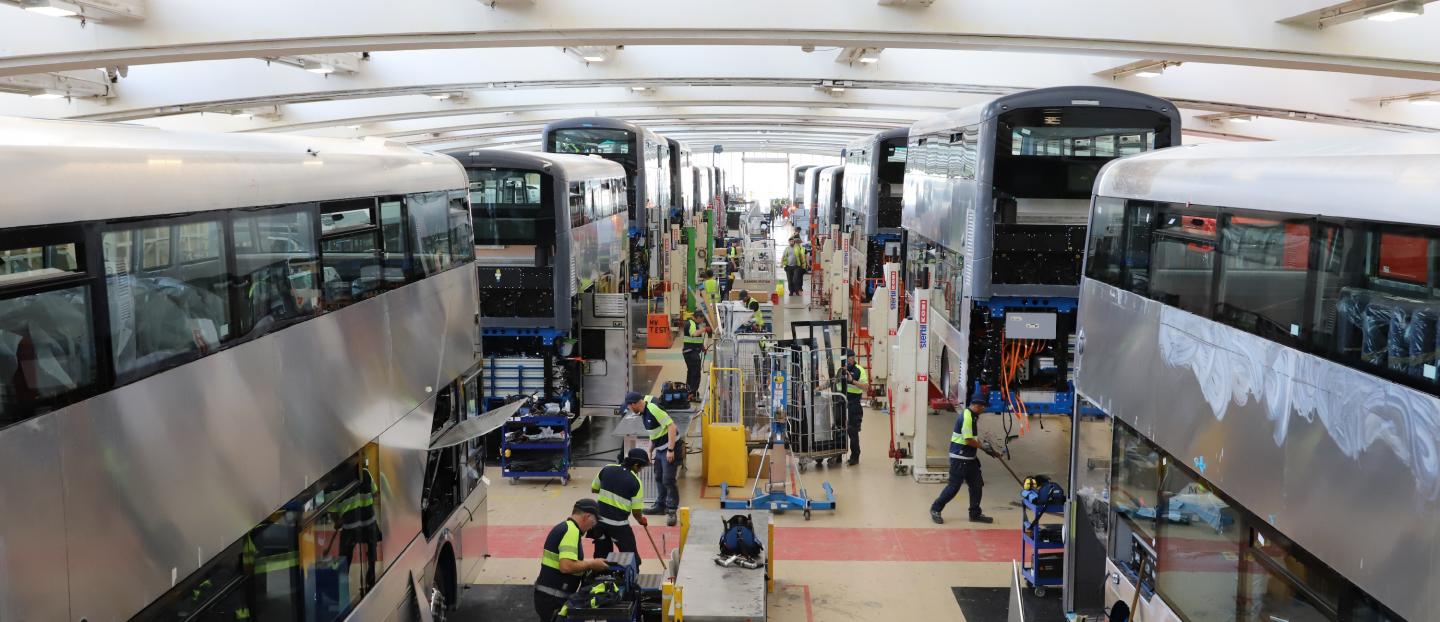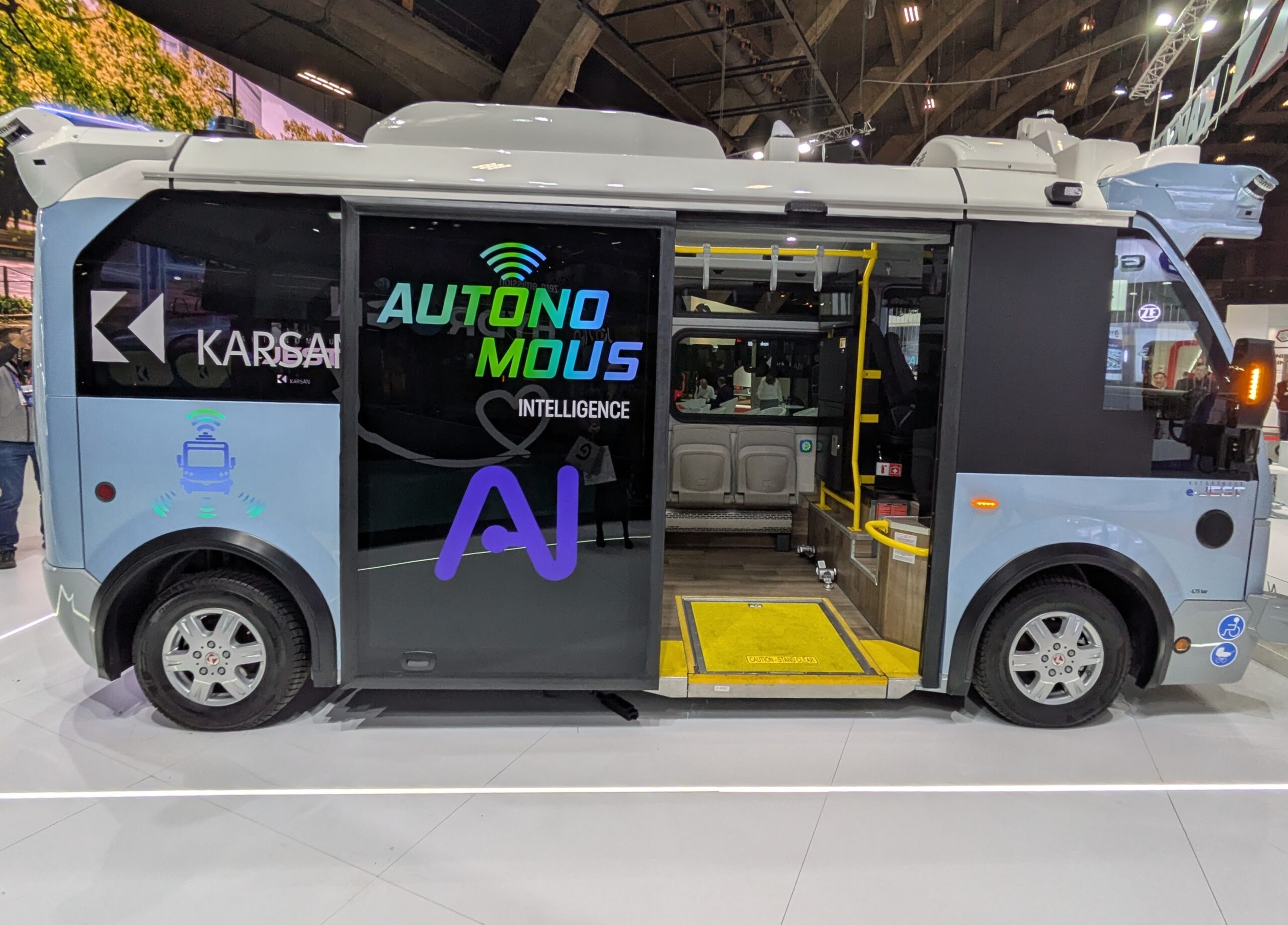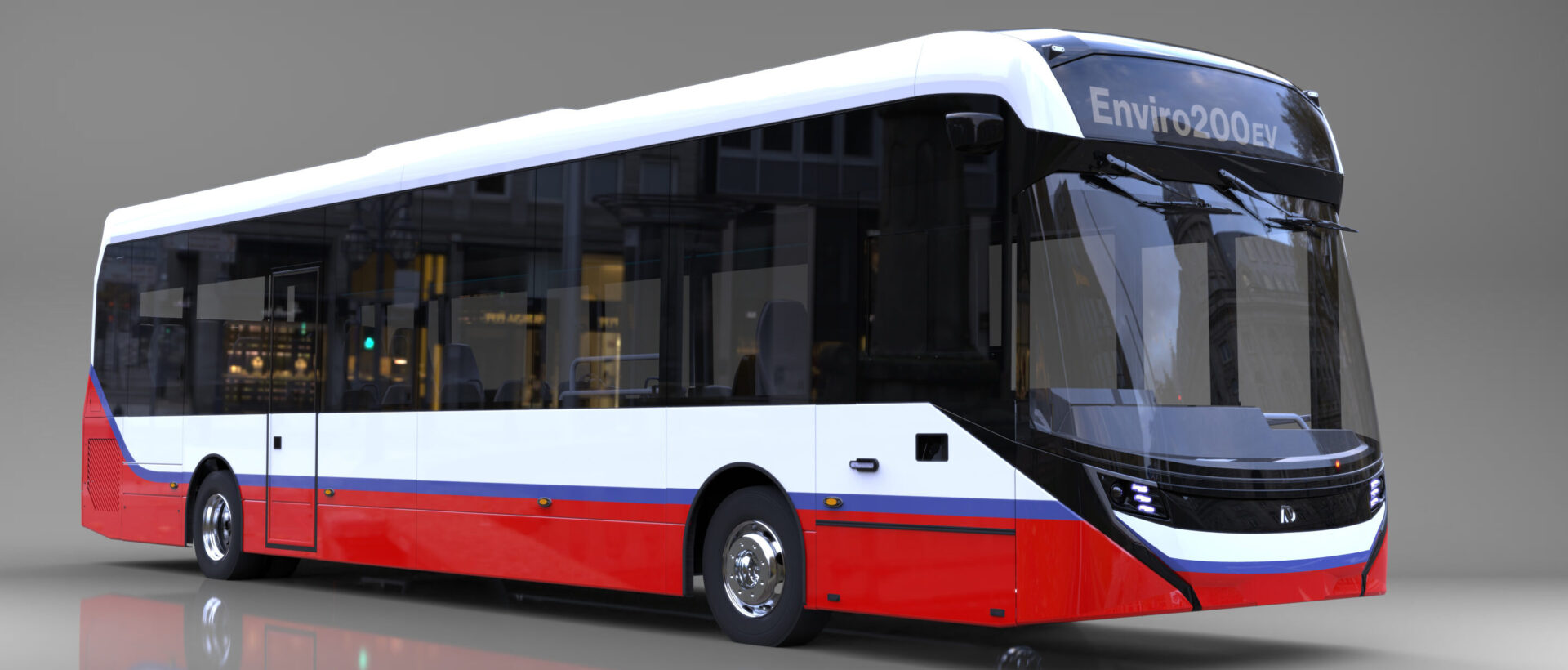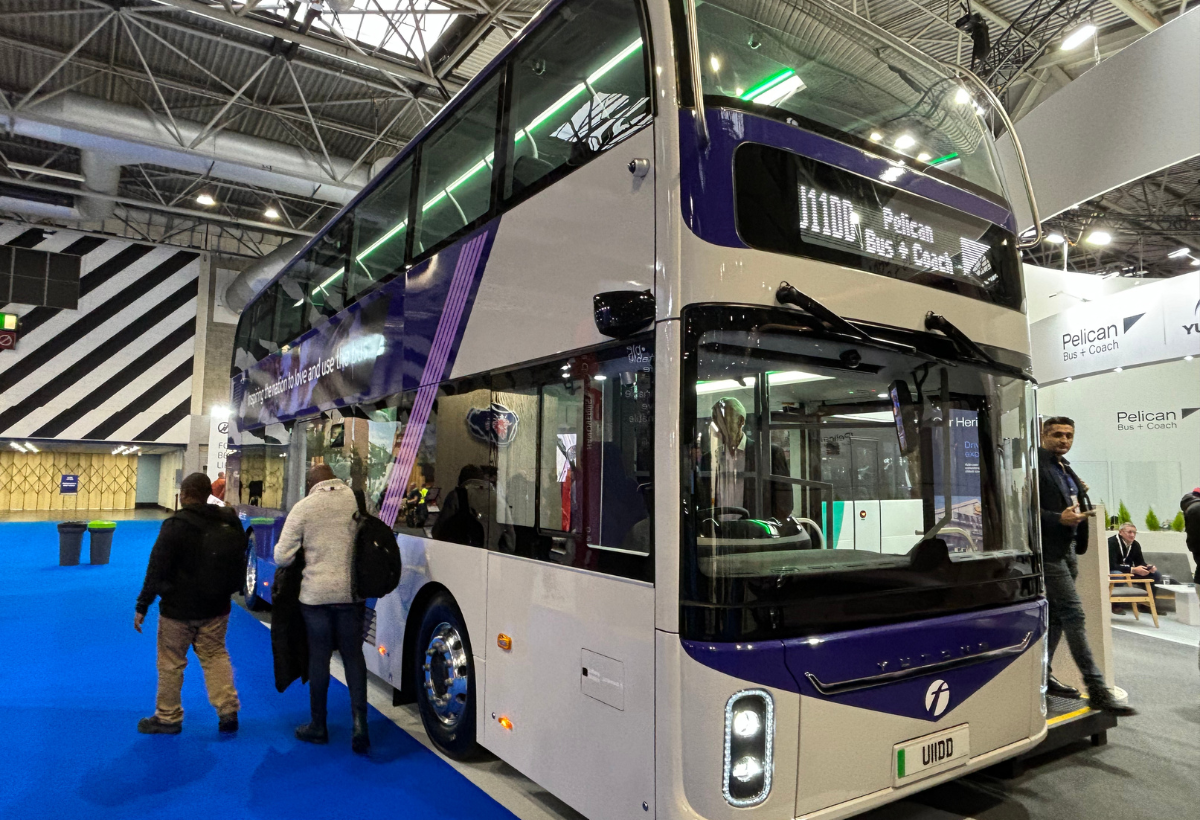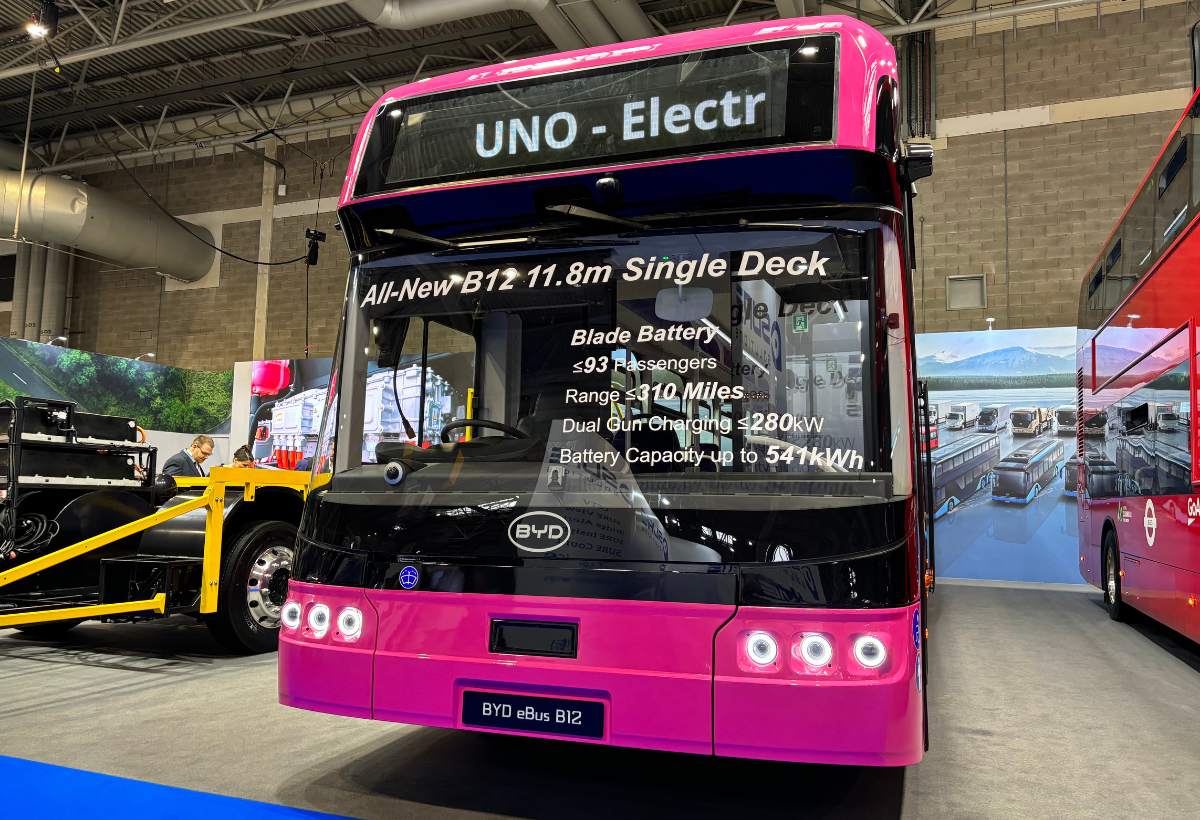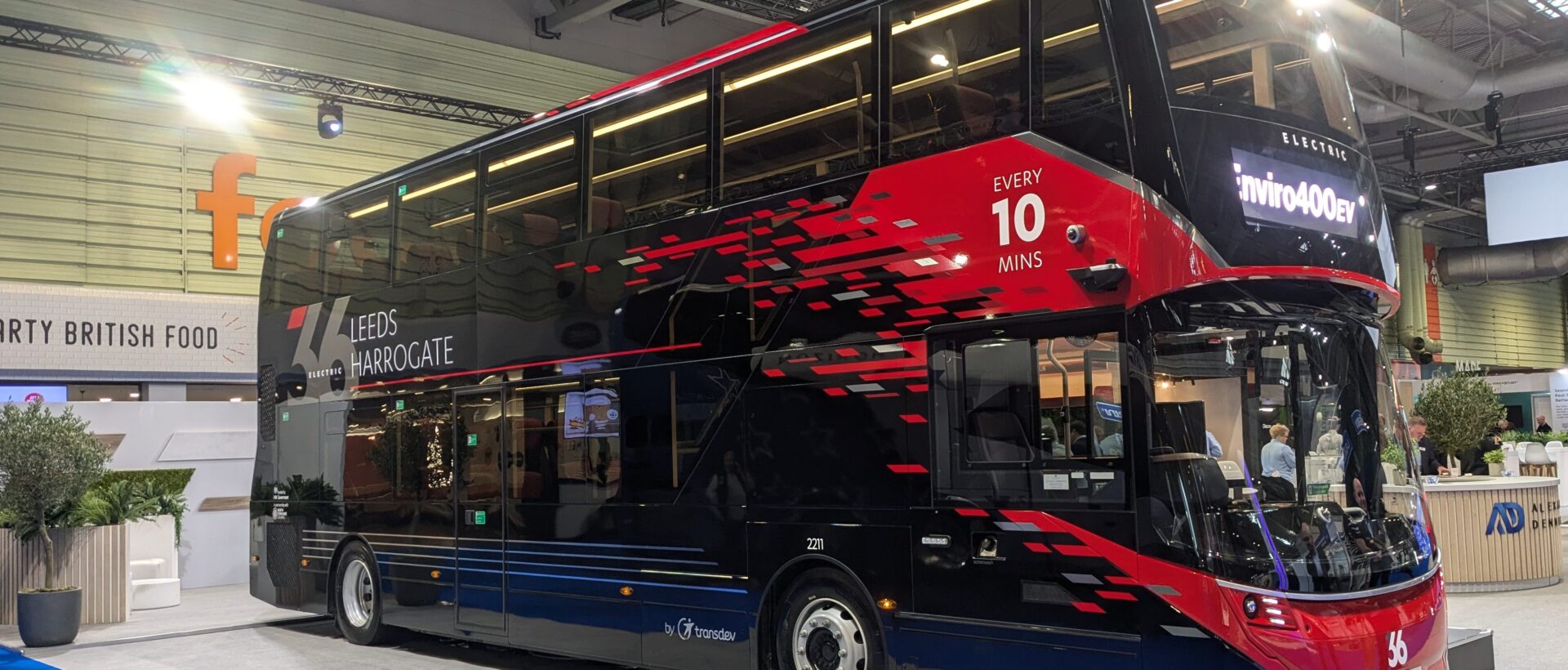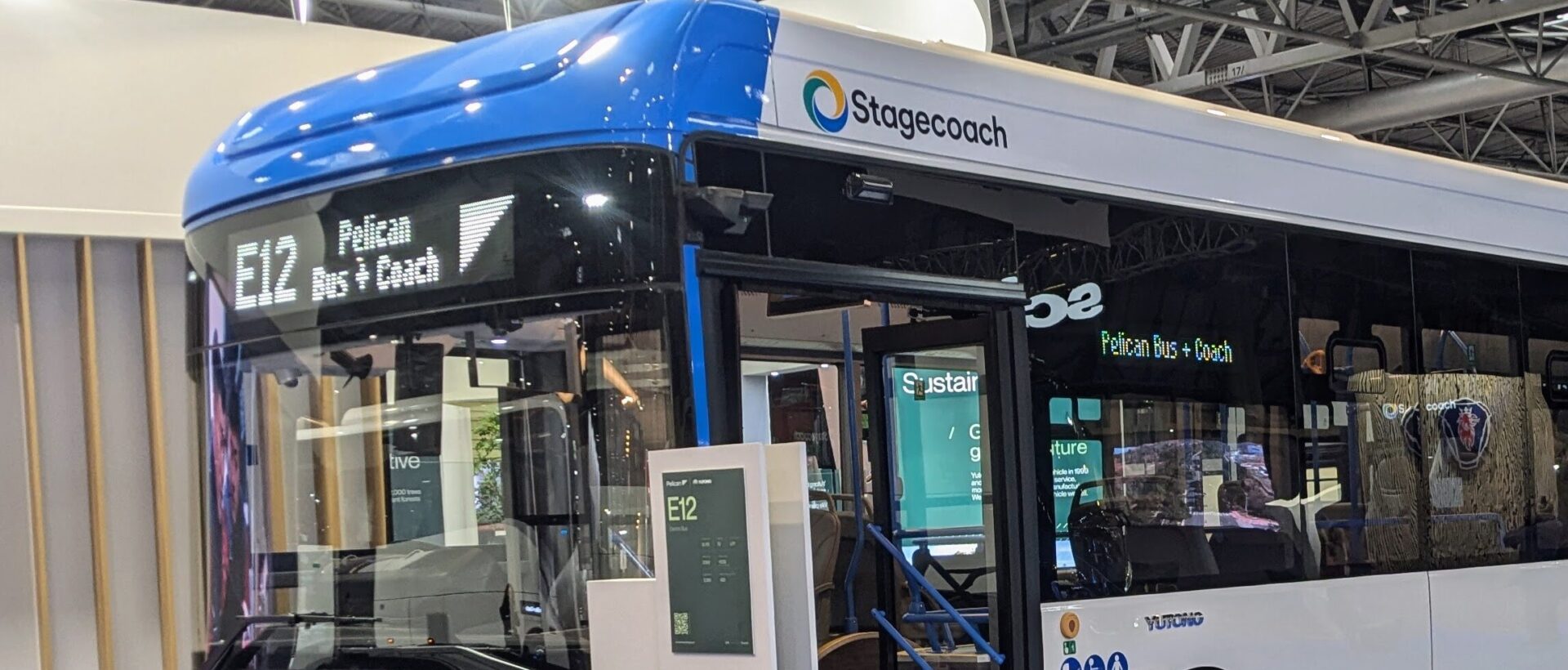Last week, Euro Bus Expo’s CPT Operator Forum shed light on some key considerations for implementing AI capabilities into bus operations.
Delivering Value
Widespread advancements in artificial intelligence (AI) are currently reshaping numerous industries, offering new potentials for enhancing efficiency and safety.
However, at Euro Bus Expo, Eric Alter, Risk & Cyber/AI Engagement Leader at Marsh stressed the importance of ensuring these technologies enhance value, rather than simply providing a false sense of efficiency. Indeed, Alter highlighted that efficiency for the sake of efficiency becomes inefficient and may ultimately disrupt rather than improve the customer experience.
To help ensure such value is delivered, it is important to identify and tackle customer demands. Recognising this need, First Bus conducted a comprehensive study involving approximately 13,000 respondents to understand passenger priorities. The results showed that passengers care about reliability, accurate information and autonomy to feel confident in their journeys. Thus, Pete Ferguson CEO at Prospective.io, which works in partnership with First Bus, highlighted the need to focus on these factors when applying AI-driven solutions.
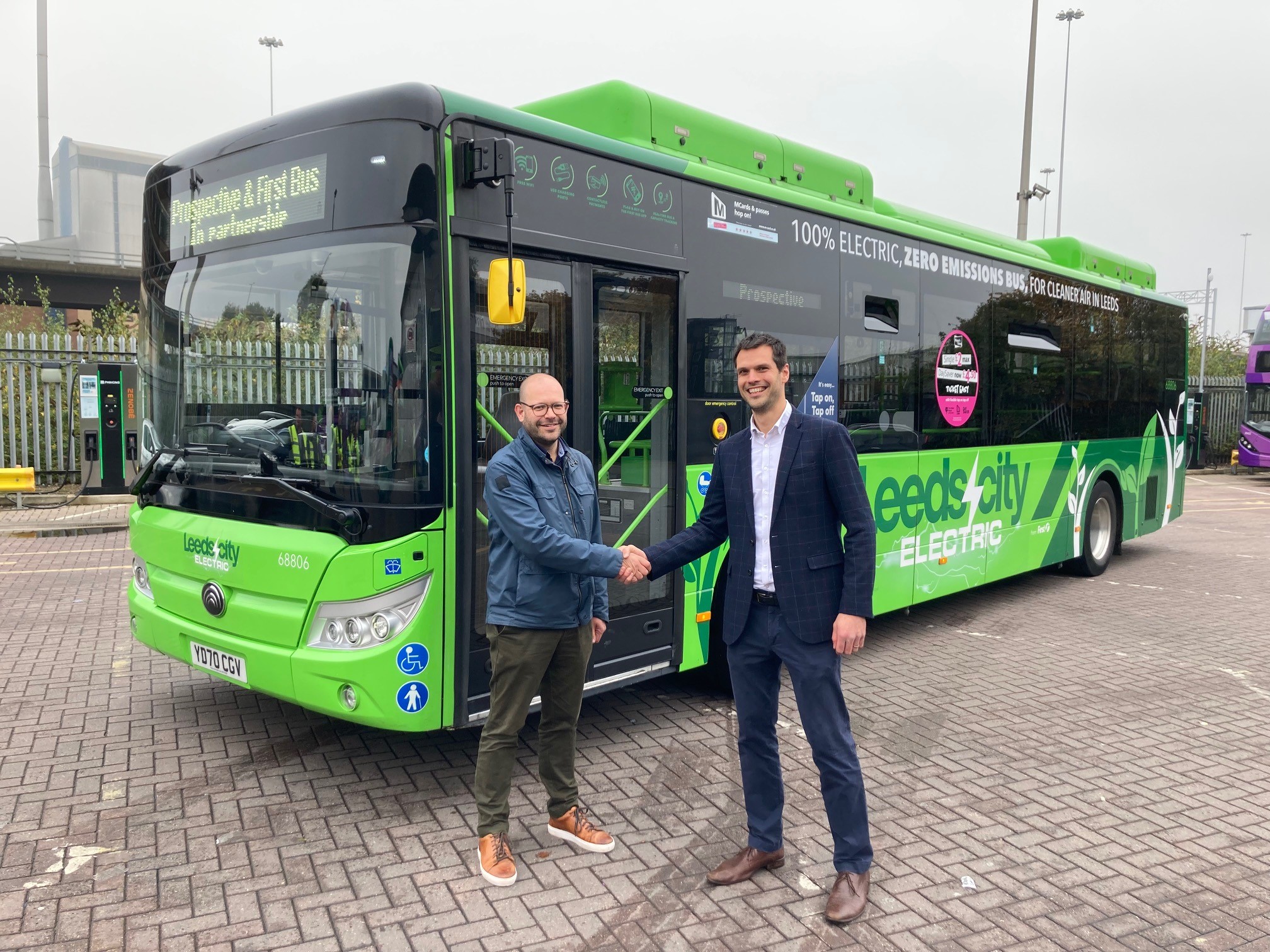
Ferguson detailed how the operator uses AI capabilities to provide intelligent recommendations and to automate menial tasks. This includes optimising scheduling and resource management, as well as providing prediction and forecasting information for potential design choices. These applications lead to enhanced services and improved punctuality without requiring more resources.
Risk Avoidance
Despite the potential benefits, Alter emphasised that it is important to consider the risks when using AI, such as algorithm bias and discrimination. He highlighted the need for the system to be properly trained to the user’s needs, while also ensuring it uses high-quality data, as flawed inputs yield flawed outputs.
Echoing this sentiment, Ferguson highlighted that although operators have copious data to use, it is crucial to take the time to clean and structure the data prior to use to avoid errors in the output.
What’s more, the speakers also emphasised that once an AI system has processed the data, transparency in reasoning for any decisions or recommendations is key in ensuring the results aligns with human thinking. This necessity was reflected in one of four key considerations outlined by Alter for using and applying AI.
Alter highlighted that operators must:
- Ensure transparency in decision-making
- Protect data privacy and security
- Comply with legal regulations
- Assess ethical and social implication
To manage these factors, he stated that companies must:
- Have comprehensive risk assessments
- Complete incident reports
- Apply risk mitigation strategies
- Communicate clearly with insurance providers about the adopted systems
Using AI to Assist, Not Master
In light of the potential risks, both speakers stressed a need to use AI to assist human planning, rather than to replace it.
Alter warned that operators should not use the tools for automated decision-making and should not over-rely on its presumed accuracy. Instead, they should use the tools to assist with a range of tasks and should check the responses with a critical eye.
Fergurson explained:AI systems provide tools and assistance to help achieve your objectives as an operator. They do not tell you what your objective should be, and neither should they. These systems should provide empowerment to your operational authorities rather than take control away.
When implementing AI solutions, Alter thus stressed the need to “cut through the hype” and ensure tools are applied sensibly and safely to yield positive outcomes for passengers. To do so effectively, he stated that operators should prioritise sector experience over technical experience when selecting a product, ensuring transport, rather than AI, remains the central focus.
Likewise, as AI capabilities continue to grow and become more substantial, Fergurson warned against giving in to the temptation for it to simply take over more and more. Although the relationship between AI and humans will continue to change and develop, he stressed that a balance must always be sought to ensure it remains an assistant, rather than a master.











